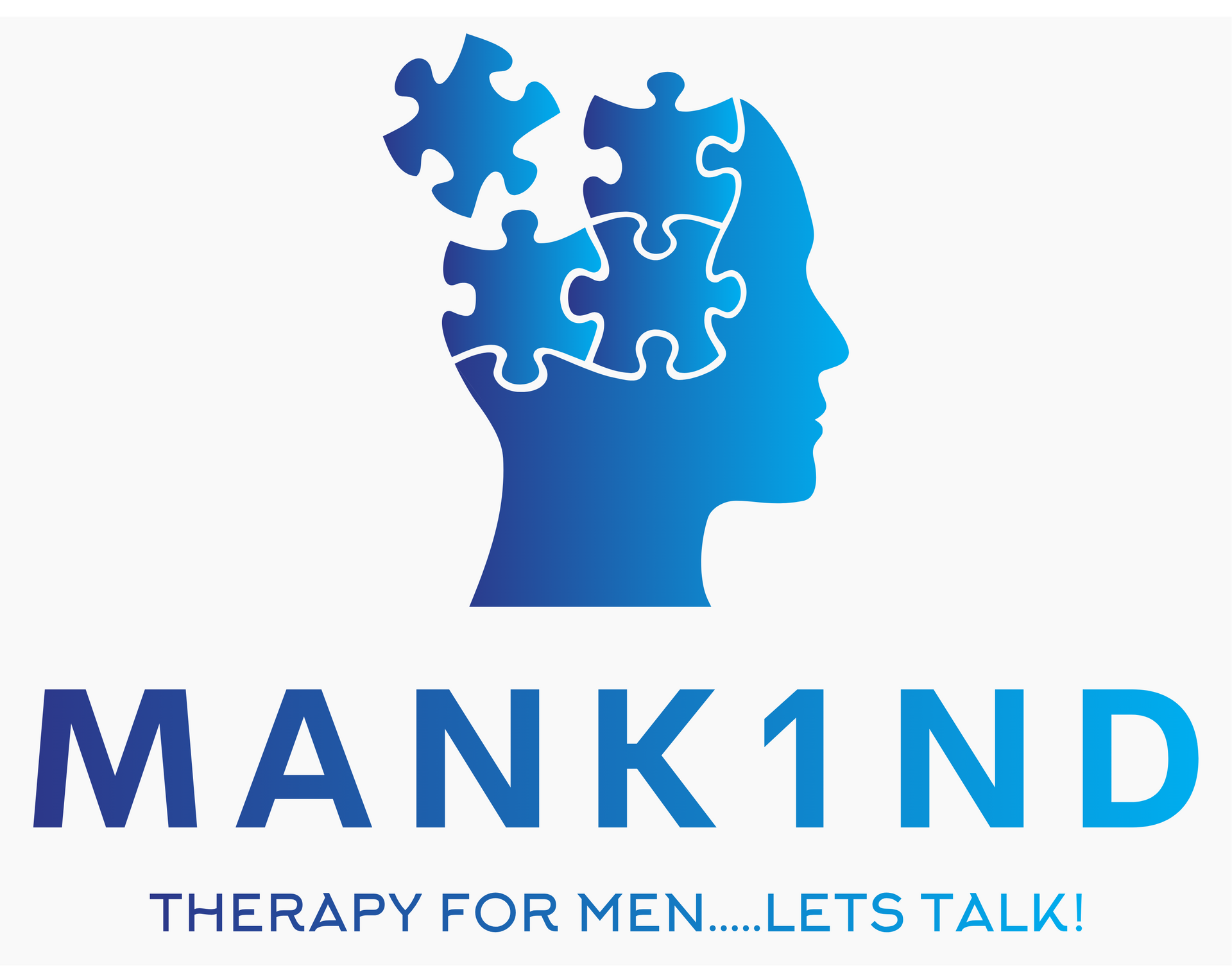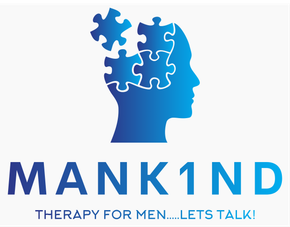Online therapy, wtf is that then?
Like traditional therapy, the goal of online therapy is to improve one’s well-being, reduce symptoms of mental health conditions like anxiety and depression, and find and treat their root cause. The only difference is that, rather than attending in-person sessions, patients and virtual therapists communicate via text or voice messaging, live chat, and voice and video calling.
A recent study, as explained here, shows the benefits of online therapy. Most notably, the ability to reach people who otherwise wouldn't be able to make it to an office in person, and even more attractive is the flexible prices that are typically cheaper than in-person therapists.
Online therapy, also called teletherapy or virtual therapy, isn’t right for everybody. Individuals who are experiencing an acute mental health emergency, are having thoughts about suicide or harming themselves or others, or who have been diagnosed with a serious mental illness like severe depression or schizophrenia will benefit more from in-person counselling.
If you are in a life-threatening situation or mental health emergency, contact 999 or the NHS mental health hotline at 111 for help.

How does online therapy work?
You can access online therapy using your computer, phone, or tablet.
You can expect your journey to look something like this:
1. You’ll start by filling out a short questionnaire regarding your current and past mental health, your reasons for seeking therapy online, and who you are as a person.
For example, you may encounter questions about your drug or alcohol consumption, religious or spiritual beliefs, your gender identity and sexuality, or your relationship status. Of course, you won’t be required to answer any questions you don’t want to, but doing so can help a lot with the next step.
2. This step involves a therapy plan. You will be introduced to your counsellor and they will agree with you a therapy plan that best meets your needs and preferences.
3. After you have an agreed therapy plan, you can begin messaging us immediately. Otherwise, we will reach out to you to introduce ourselves and explain more about the treatment approach.
Depending on your preferences, you’ll also have the option of setting up a voice or video call.
Our therapy topics include (but are not limited to) the following:
Drug and alcohol addiction
Anger management
Stress, anxiety, depression, OCD
Divorce, adoption, infertility, infidelity
Religious and spiritual counselling
Bereavement, childhood trauma, PTSD

